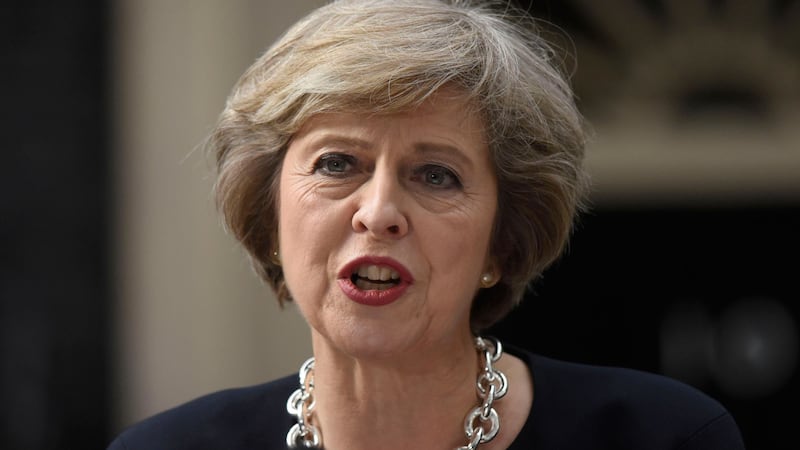Campaigners have won their High Court battle over Theresa May's decision to use the royal prerogative in her Brexit strategy.
In one of the most important constitutional cases in generations, three senior judges ruled the British prime minister does not have power to use the prerogative to trigger Article 50 of the Lisbon Treaty to start the UK's exit from the European Union - without the prior authority of Parliament.
The ruling against the government was made by Lord Chief Justice Lord Thomas, sitting with two other senior judges in London.
International Trade Secretary Liam Fox said the government is "disappointed" at the High Court decision on Article 50 adding "the government is determined to respect the result of the referendum".
Unless overturned on appeal at the Supreme Court, the ruling threatens to plunge the British government's plans for Brexit into disarray as the process will have to be subject to full parliamentary control.
Government lawyers had argued that prerogative powers were a legitimate way to give effect "to the will of the people" who voted by a clear majority to leave the European Union in the June referendum.
But the Lord Chief Justice declared: "The government does not have power under the Crown's prerogative to give notice pursuant to Article 50 for the UK to withdraw from the European Union."
The government has been given the go-ahead to appeal against the ruling at the Supreme Court but made no immediate announcement about whether it will.
Labour leader Jeremy Corbyn said: "This ruling underlines the need for the government to bring its negotiating terms to Parliament without delay.
"Labour respects the decision of the British people to leave the European Union. But there must be transparency and accountability to parliament on the terms of Brexit. Labour will be pressing the case for a Brexit that works for Britain, putting jobs, living standards and the economy first."
International Trade Secretary Liam Fox told the House of Commons that the government was "disappointed" at the High Court ruling, but remained "determined to respect the result of the referendum".
The ruling was welcomed by opponents of a "hard Brexit".
Liberal Democrat leader Tim Farron said the govenrment must now lay out its negotiating position in Parliament, while Scottish First Minister Nicola Sturgeon described the finding as "significant indeed".
But Ukip leader Nigel Farage said he feared that "a betrayal may now be near at hand", warning he had "a distinct feeling" that the political classes "do not accept the June 23 referendum result".
"I now fear that every attempt will be made to block or delay the triggering of Article 50," said Mr Farage. "If this is so, they have no idea of the level of public anger they will provoke."
Labour MP and constitutional expert Graham Allen said the Supreme Court now faces "its first historic test" in hearing the government's appeal against the ruling.
He said: "It is the beginning of defining more clearly and honestly a separation of powers in the UK, which has hitherto been shrouded in mystery.
"Parliament can no longer be the poodle of government of any political complexion.
"On fundamental matters of our democracy, Parliament must not only be consulted but, as on Article 50, legislate.
"This is not to overturn the decision in principle by the British people but to give it full life.
"I welcome the decision of the High Court and now hope the Supreme Court upholds the sovereignty of Parliament which was such a core part of the reason to leave the EU."








